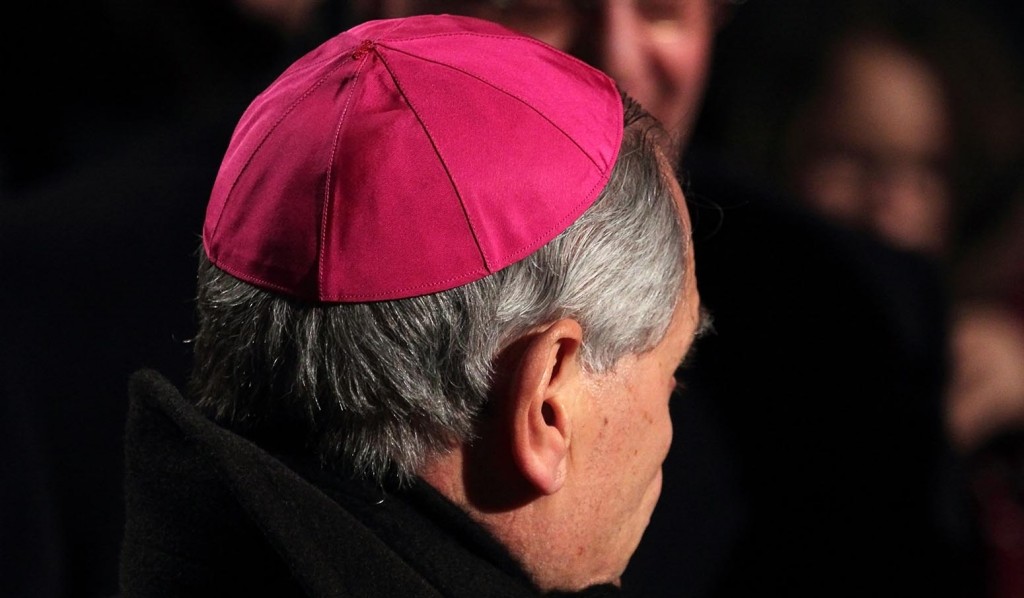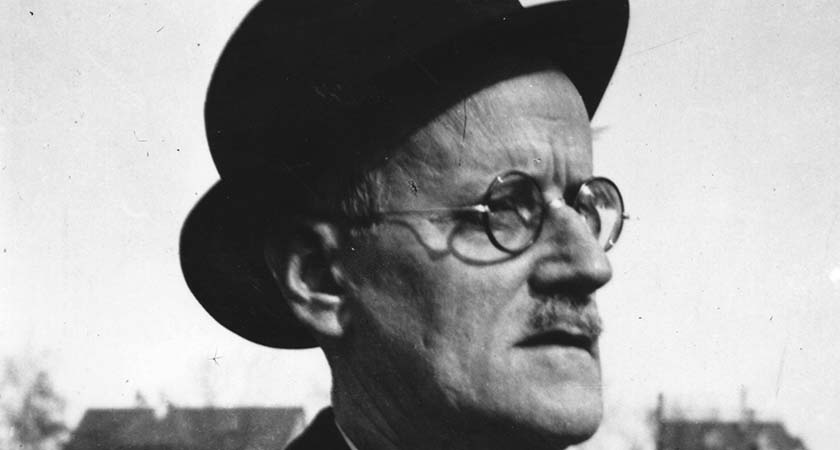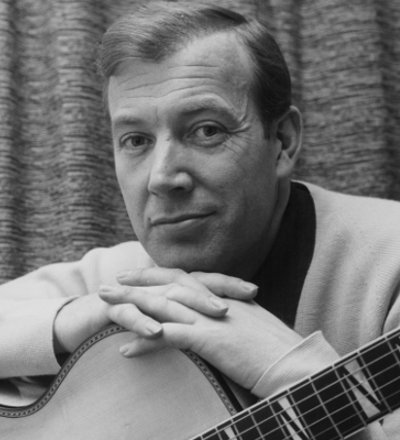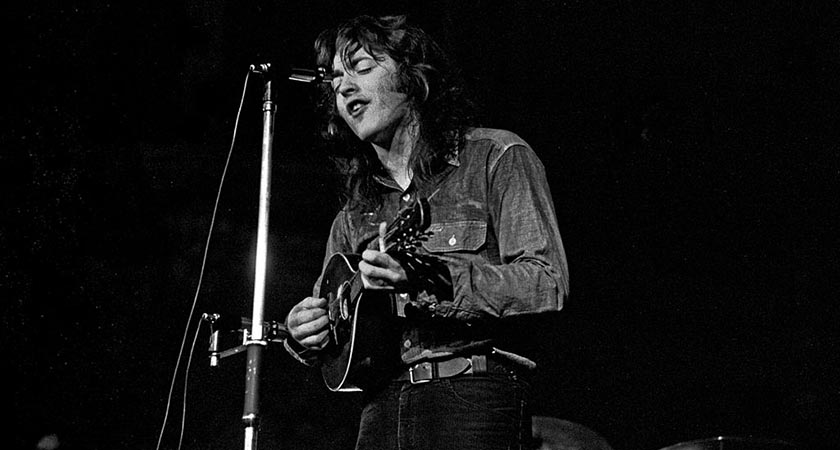1. The Second Battle of Athenry — 1316
2016 will see the 700th anniversary of the Second Battle of Athenry.
Edward Bruce had declared himself King of Ireland in 1316 in Dundalk, teamed up with an Irish faction and marched westwards. They met the Normans in Athenry, but suffered a devastating defeat. Norman rule continued in Ireland. (And as for the First Battle of Athenry — don’t even ask.)
Athenry would make a reappearance in Irish history circa 1990, when a song about its agricultural hinterland began to be adopted as the unofficial anthem of Ireland’s sports fans. Nobody is quite sure why.
2. The Statutes of Kilkenny — 1366
The Statutes of Kilkenny were passed 650 years ago during the swinging sixties — the 1360s. The laws were an attempt to prevent Norman settlers becoming ‘more Irish than the Irish themselves’. It hadn’t taken the Normans long to get their feet under the table and begin enjoying themselves à la Irish. Head office in London was not amused.
3. The first publication of The Vicar Of Wakefield — 1766
Oliver Goldsmith’s novel The Vicar of Wakefield was published 250 years ago. It is often said that the Longford man is responsible for the best literary trio in the English language: the poem The Deserted Village, the play She Stoops To Conquer and The Vicar of Wakefield.
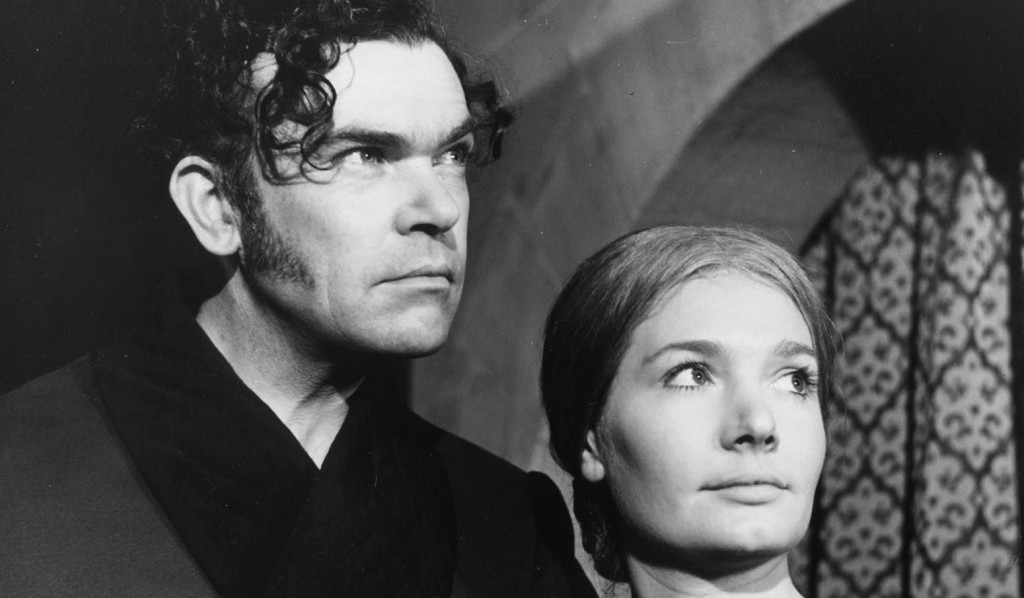 Richard Leech as Mr Rochester and Ann Bell as Jane Eyre in a 1963 BBC production.
Richard Leech as Mr Rochester and Ann Bell as Jane Eyre in a 1963 BBC production.Picture: Harry Todd/Getty Images
4. Birth of Charlotte Brontë — 1816
Charlotte Brontë was born 200 years ago on April 21, 1816. The daughter of Co. Down man Patrick Brontë (born on St Patrick’s Day, 1777) she completed Jane Eyre in 1847.
Charlotte married a Co. Antrim man, Arthur Bell Nicholls, and the couple spent some time in Banagher, Co. Offaly.
5. Completion of the first trans-Atlantic submarine cable link — 1866
One hundred and fifty years ago on July 27, 1866 the first trans-Atlantic submarine cable link was completed, stretching from Valentia Island, Co. Kerry to Trinity Bay, Newfoundland.
The world had shrunk, the age of telecommunications had begun — and in the fullness of time people would be able to send photographs of their dinner to each other.
6. Ireland invades Canada — 1866
Ireland has always been remarkably un-belligerent, yet 150 years ago an Irish force invaded the equally un-warlike Canada. The military engagement happened in 1866 when a faction within the Fenian brotherhood attacked Campo Bello, off the coast of New Brunswick. The plan was to rid Canada of British rule, but despite an auxiliary force of 800 Irish soldiers crossing the Canadian border to back up the original landing party, the incursion came to nothing.
The Canadian writer John Robert Colombo was an admirer of English government — you need to know that to understand his famous observation: "Canada ended up with English know-how, French government and American culture, when it could have enjoyed the best of all worlds with English government, French culture, and American know-how." And, had the invasion gone well, that might have included Irish music and literature as well.
7. Ireland gets its first cardinal —1866
Pope Pius IX appointed Archbishop Paul Cullen, from Ballitore, Co. Kildare, the first ever Irish cardinal 150 years ago.
8. The 75th anniversary of the death of James Joyce — 1941
James Joyce died in Zurich in January 1941 at the age of 59.
9. The 75th anniversary of Gerry Fitt joining up – 1941
Gerry Fitt joined up to the help the Allied war effort against the Germans in World War 2, 75 years ago in 1941.
His political opponent Ian Paisley was old enough to join the armed forces, but despite proclamations of loyalty to the British crown, he stayed at home. No conscription operated in the North of Ireland, so the Rev Paisley was able to sit around reading his bible.
Meanwhile, his nationalist and Catholic opponent, Gerry Fitt (the first leader of the SDLP), joined the navy in 1941. Born in the same month of the same year as Paisley, Fitt served on the Atlantic and Arctic convoys for the duration of the war.
Gerry Fitt was lucky to survive
His brother Geordie wasn’t so lucky — an Irish Guardsman, he was killed in Normandy fighting the Nazi threat.
Meanwhile the young Paisley had become a preacher, delivering sermons in mission halls throughout Armagh, Antrim and Tyrone — while millions died on the killing fields of Europe, on Arctic and Atlantic convoys, and in German concentration camps.
10. Chart success for Ireland — 1966
It was the Swinging Sixties 50 years ago in 2016 and in early December Val Doonican was at no. 2 in the British charts with What Would I Be.
Tom Jones was at no. 1 with Green Green Grass Of Home, and the Beach Boys with Good Vibrations were at no. 3.
Val had to wait another two years to get a no. 1 hit — this time an album, Val Doonican Rocks, But Gently which knocked the Beatles' Sgt Pepper off the top of the charts.
Earlier in 1966 The Merry Ploughboy recorded by Dermot O’Brien made a fleeting appearance in the British charts — while simultaneously occupying the no. 1 slot in Ireland.
11. John McGahern loses his job — 1966
It’s fifty years since writer John McGahern lost his job as a teacher at Clontarf national School because of ‘indecencies’ in his book The Dark.
12. RTÉ celebrates its 50th birthday
RTÉ was born on February 1, 1966. It was previously Radio Éireann.
13. Nelson’s Column in Dublin blown up — 1966
2016 will see the 50th anniversary of the IRA blowing up Nelson’s Column in O’Connell Street. Éamon de Valera, not a man often given to humour, observed: “Ah. British admiral leaves Dublin unexpectedly by air.”
14. Ireland’s Call is turns 21
Phil Coulter wrote Ireland’s Call as the anthem for the Irish Rugby Football Union which draws members — and of course the international team — from both sides of the border. The song has since been adopted by several other all-Ireland sporting associations.
15. Death of one of Ireland’s great footballers — 1995
The death of Jackie Carey, one of Ireland’s all time great footballers, 21 years ago in 1995 will be commemorated in 2016. Jackie, who died at the age of 76, was born in Dublin. He turned out for Manchester United 304 times between 1936 and 1953.
16. Farewell to a guitar giant — 1995
It’s 21 years since Ireland lost one of its true musical superstars. Rory Gallagher, born in Donegal and brought up in Cork, died in 1995 at the age of 46. He captained both Ireland teams – the FAI XI and the IFA XI. In 1947 he also captained a Europe XI which played a Great Britain XI at Hampden Park.

